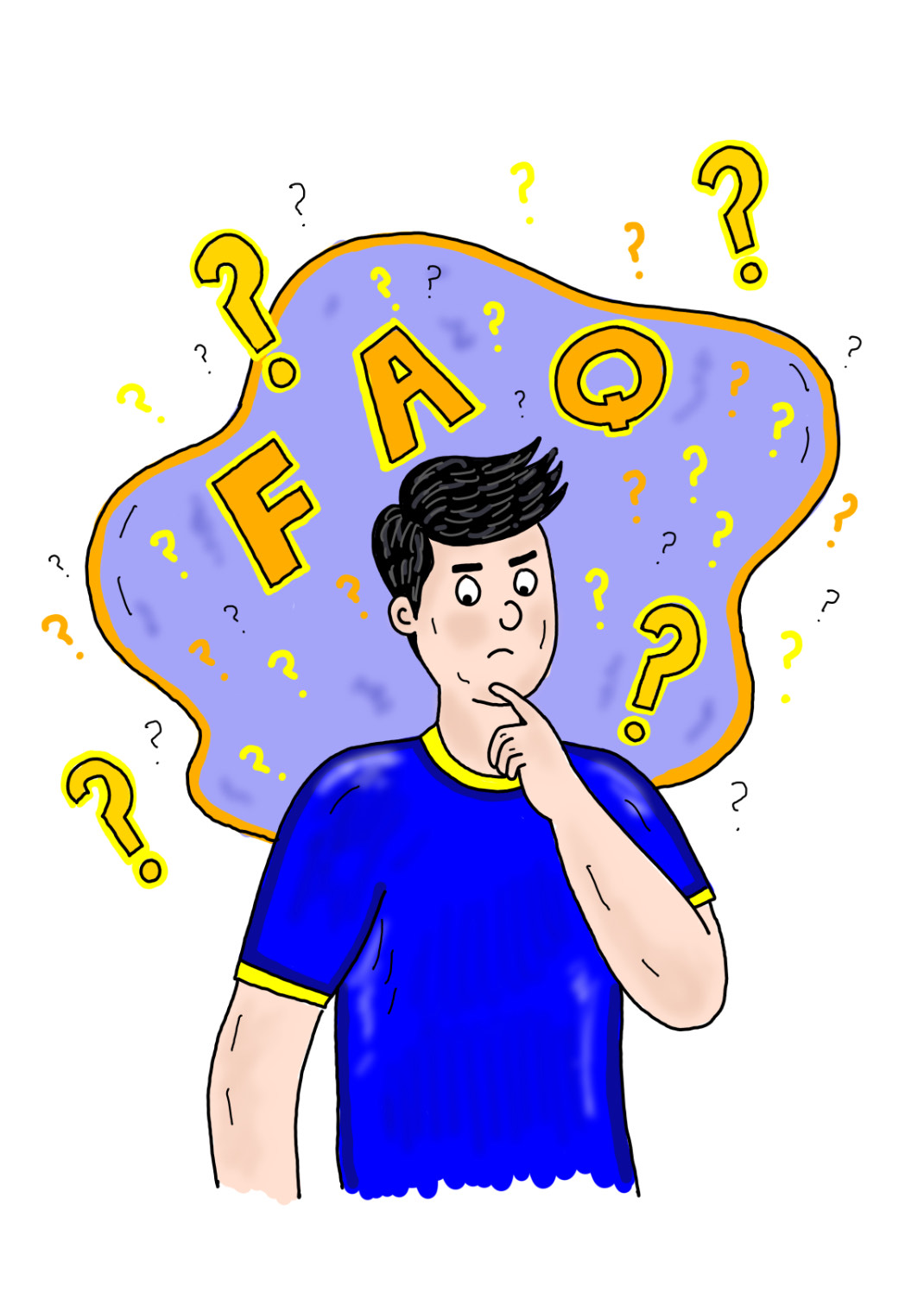Frequently Asked Questions
Not sure if SEN Mediation or Disagreement Resolution is right for you? Check out our Frequently Asked Questions for answers to common questions about both processes.
What is Mediation?
Mediation is a voluntary, confidential process where people involved in conflict are helped by an independent specialist mediator to resolve their problems collaboratively. The mediator uses techniques to facilitate communication, problem solving and negotiation between the parties in a safe and constructive environment, and deploys them from a position of independence and neutrality making progress possible.
The goal of mediation is for the parties to speak with each other in an open and honest manner to try and reach a resolution that is acceptable to all parties in dispute.
Does the Mediator make decisions?
No. The mediator never takes sides or tells the parties what to do, but helps the participants reach a solution that they are happy with which is then drawn up into a written agreement.
What is the Mediators role?
A mediator is an independent and impartial person who acts as a facilitator to help parties to resolve a dispute. They do this by using a combination of negotiation, problem-solving and communication to enable the participants to identify and acknowledge the core issues that are in dispute so that they can take ownership and resolve them.
A mediator is not there to judge, or to say that one person is right and the other is wrong, or to tell those involved in the mediation what they should do. Mediators are completely independent and so can be trusted by both parties. A mediator does not have a stake in either the dispute or the outcome. They are in charge of the process, not the outcome.
Who can contact us to request SEN Mediation or Disagreement Resolution
Anyone can contact us to enquire about our services, however we can only talk to parents, carers or young people with regards to special educational needs disputes if their local authority/health commissioning service has commissioned our services or is prepared to do so on an individual basis. Click here to see the list of subscribing local authorities.
What is the difference between SEN Mediation and Disagreement Resolution
Disagreement resolution services are for parents of children and/or young people with SEN. They are designed to resolve disagreements about any aspect of SEN provision and health and social care disagreements, whether they have an Education, Health and Care (EHC) plan or not. Disagreement Resolution is entirely voluntary which means that it is not compulsory for parties to participate.
SEN mediation applies specifically to parents, carers and young people who have received a “decision” on an SEN matter and are considering appealing to the SEN Tribunal about an EHC assessment and special educational needs element of an EHC plan or who want mediation on the health and social care elements of an EHC plan. Where requested by parents, carers or the young person a local authority must participate in SEN Mediation.
What are the key features of Mediation & DISAGREEMENT RESOLUTION?
- The process is facilitated by a mediator who has knowledge and experience of the SEN system.
- The process is private & confidential – unless agreed by the parties, what is discussed during the session remains private and confidential. Information cannot be shared and both parties will be required to sign a confidentiality agreement prior to the commencement of the session. Any information provided to the mediator will also be kept confidential unless it is agreed that it can be shared with the other party;
- Change of focus – Both SEN Mediation and Disagreement Resolution are intended to “look forward” and to encourage parties to move on from the history and focus on the future;
- User Friendly – Neither SEN Mediation or Disagreement Resolution should be treated as a quasi-judicial process. It has a number of distinct advantages over the court process:
- It provides remedies for resolving disputes that may not be available by pursuing legal proceedings;
- It is informal and flexible allowing for a combination of joint and individual meetings;
- All parties participate and it is not coloured by “legal speak” or involve cross examination;
- It is quick to arrange and child focused;
- It allows parties to be open, provide their views and air strong feelings in a neutral setting directly to each other;
- Avoids unnecessary legal costs;
- Improves the channels of communication and understanding between the parties thus preserving relationships;
- It increases the chances of a mutually beneficial outcome for all parties;
- It does not require you to disclose everything;
- It is much less stressful than going to court.
Will using SEN mediation or disagreement resolution effect my legal rights?
No it will not. SEN mediation and disagreement resolution can be helpful to reduce the number of issues in dispute even where no solution is reached. Parties remain in control of what is revealed to others throughout the process and the whole process is confidential and conducted on a ‘without prejudice’ basis.
I have received a decision from my Local Authority AND WANT TO APPEAL TO THE SEN TRIBUNAL, do I have to USE SEN Mediation?
Before you can appeal to the SEN Tribunal you must have spoken to a mediation advisor who will provide you with advice about the mediation process. If you do not wish to use mediation and wish to go straight to an appeal, the mediation advisor will issue a mediation certificate.
The requirement to seek mediation advice and to obtain a mediation certificate does not apply if you only wish to appeal the setting named in Section I.
Are there any timescales that I need to consider?
Disagreement resolution can be requested at any time.
For SEN Mediation, you must speak with a mediation adviser within two months of the date of your decision letter otherwise you will not be able to obtain a mediation certificate which you need to be able to lodge an appeal with the tribunal service.
Do I have to pay anything to speak to you?
No, you do not have to pay anything if your local authority has provided you with our details and/or they have told you that you can speak to us. If we have been commissioned our details will appear in the local authority’s decision letter or in its Local Offer.
I WANT TO USE SEN MEDIATION BEFORE I APPEAL TO THE SEN TRIBUNAL? How long DOES IT TAKE TO ARRANGE?
SEN Mediation must be arranged within 30 days of the request.
A Disagreement Resolution meeting can be arranged at any time, provided the parties agreed on a mutually acceptable date.
What happens if I decide to go to SEN mediation or DISAGREEMENT RESOLUTION?
If you decide to take part in mediation:
- You will be provided with the name of a mediator, this person will be the person you need to talk to if you have any questions.
- A date and time will be set for the mediation day in agreement with you and the people who need to be there;
- The mediation meeting will be held online. The mediator will send you the login details in advance of the session.
- The mediator will let everyone into the virtual room at the same time. Each party and any attendees will be asked to introduce themselves. However, if you do not want to or feel unable to face the other people, just let your mediator know prior to the mediation session so that they can make alternative arrangements for you.
- The mediator will outline the process that will be followed and will make sure that the process is understood and that everyone understands the ground rules. Everybody is encouraged to share why they are there and what they would like to achieve from attending.
- The parties will be able to put forward their respective arguments and will be able to ask each other questions. The mediator will also ask questions of each of the parties.
- In both the case of SEN Mediation or a Disagreement Resolution meeting, if an agreement is reached between the parties then this can be captured in a mediation settlement agreement. This is a legally binding agreement if it is entered into.
- If a Disagreement Resolution session does not result in an agreement being reached, you do not receive a mediation certificate and would have to consider other options to resolve the issues in dispute.
- In the case of an SEN Mediation, if an agreement is not reached between the parties, the mediator will issue you with a mediation certificate. This will enable you to appeal to the SEN Tribunal if you choose to do so. An appeal would need to be registered within 30 calendar days of the mediation certificate being issued or within 2 months of the date of the local authority decision letter, whichever is the latest.
How long does a SEN mediation or disagreement resolution meeting last?
All cases are different so it depends on the issues which are in dispute. However, in our experience a typical session can last up to 2 hours.
Can I claim expenses?
The local authority will pay reasonable expenses to parents and young people who attend a mediation session. For example, public transport costs, petrol/diesel costs, child care costs. However, there are limits to what you can claim and you must be able to provide evidence of your expenditure.
I ENTERED INTO A MEDIATION SETTLEMENT AGREEMENT WITH THE LOCAL AUTHORITY BUT THEY HAVE NOT IMPLEMENTED WHAT THEY AGREED. WHAT CAN I DO?
A mediation settlement agreement is legally binding on both parties and can be enforced through judicial review.


